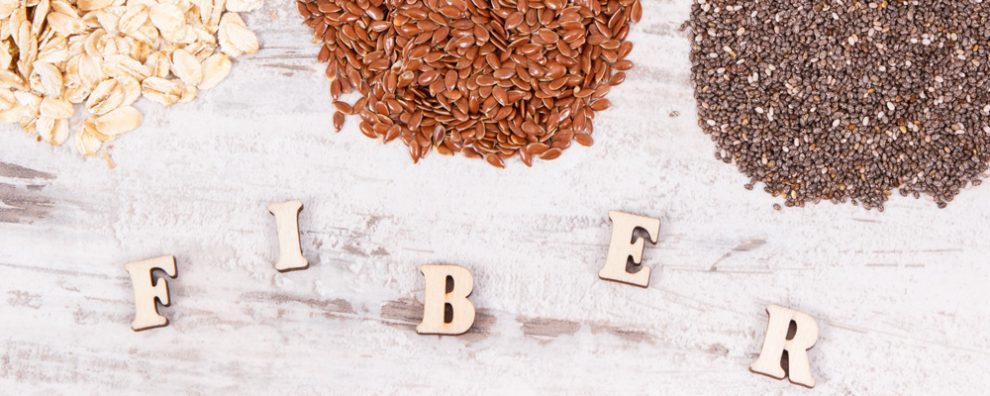It has been observed since the 1970s that populations with a higher daily intake of dietary fibers, also known as roughage, have a lower risk of developing colon cancer. Fiber is usually found in the cell walls of plants, and many studies since then have reported that dietary fiber reduce the risk of colon cancer.
What Type Of Dietary Fiber Reduce The Risk Of Colon Cancer?
The fibers help the intestines to produce an easier way to eliminate stool and consequentially decrease the chances of constipation. By reducing the time that food, stool, and bacteria are present in the colon, it can decrease the risk of acquiring cancer. People who had the highest fiber intake in the researched groups saw their risk decreased by 27%.
Even though there is sound evidence pointing out the benefits of a fiber-rich diet. But Still exactly which kinds of fibers (and their source) are more or less beneficial still eludes researchers. Some studies point towards cereal, grain, and fruit fibers as being better than vegetable or legume fibers, which don’t seem to reduce the cancer risk considerably.
Processed meat (meat which has been salted, cured, fermented, smoked, etc.) increases the risk of colon cancer. The studies show that people with a high processed meat intake benefit as well from higher dietary fiber. Processed meat usually has a high concentration of nitrate (which is carcinogenic), and the fibers could reduce the intestines’ exposure to these nitrous compounds.
Some evidence suggests that all stages of cancer development could be influenced by the fibers. The pre-cancerous tissue modifications (adenoma), as well as it’s cancerous counterpart (adenocarcinoma), are shown to be less present in these populations with the increased dietary fiber intake.
Source:
1. https://www.pcrm.org/health/cancer-resources/diet-cancer/nutrition/how-fiber-helps-protect-against-cancer.




